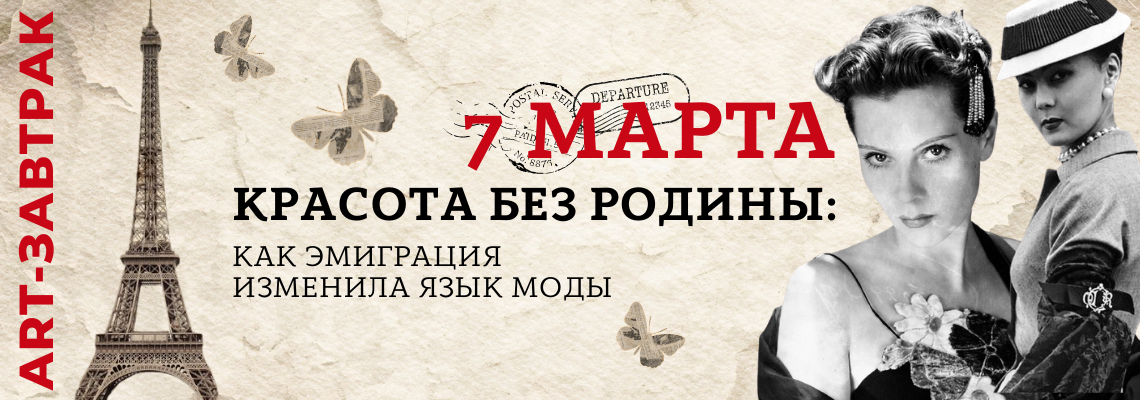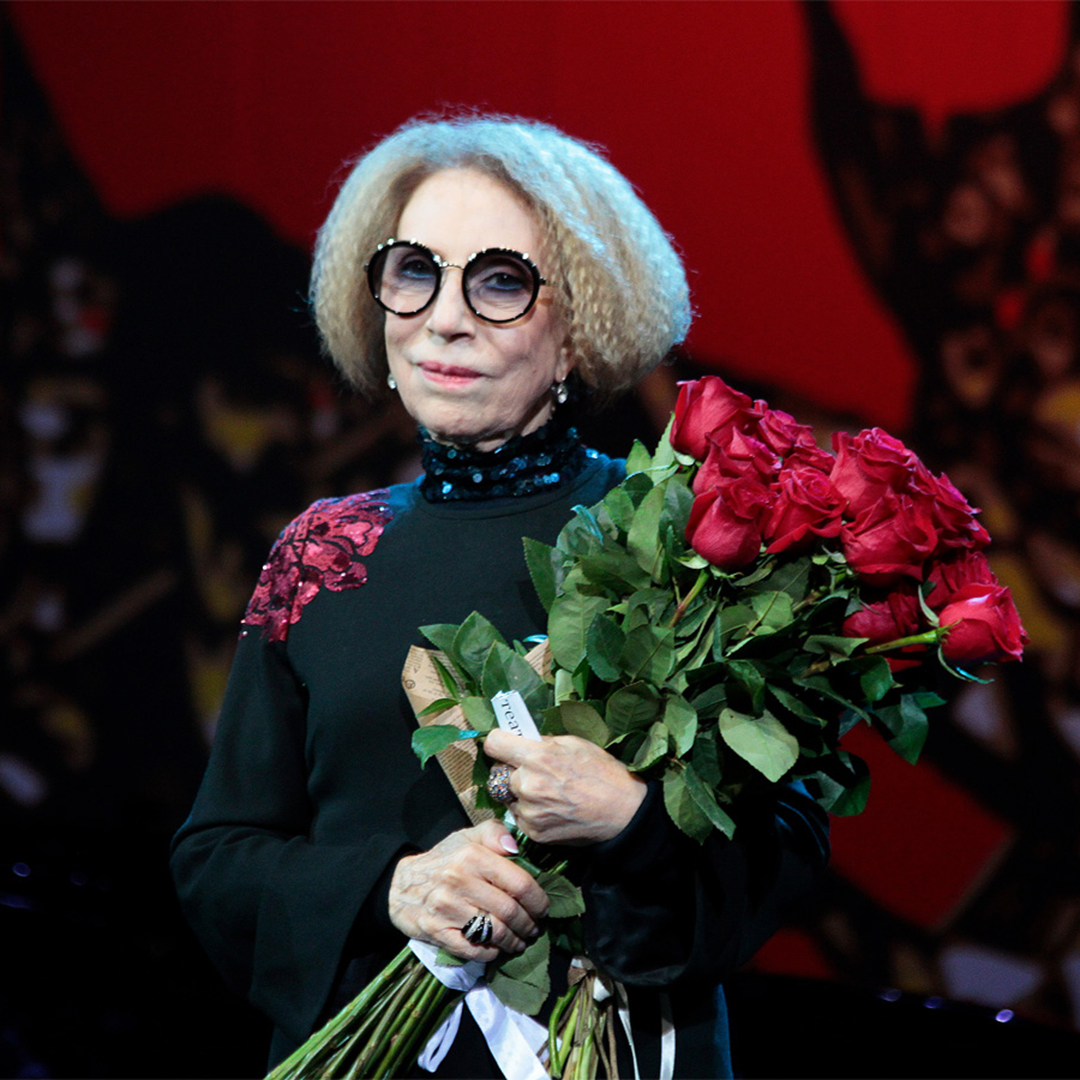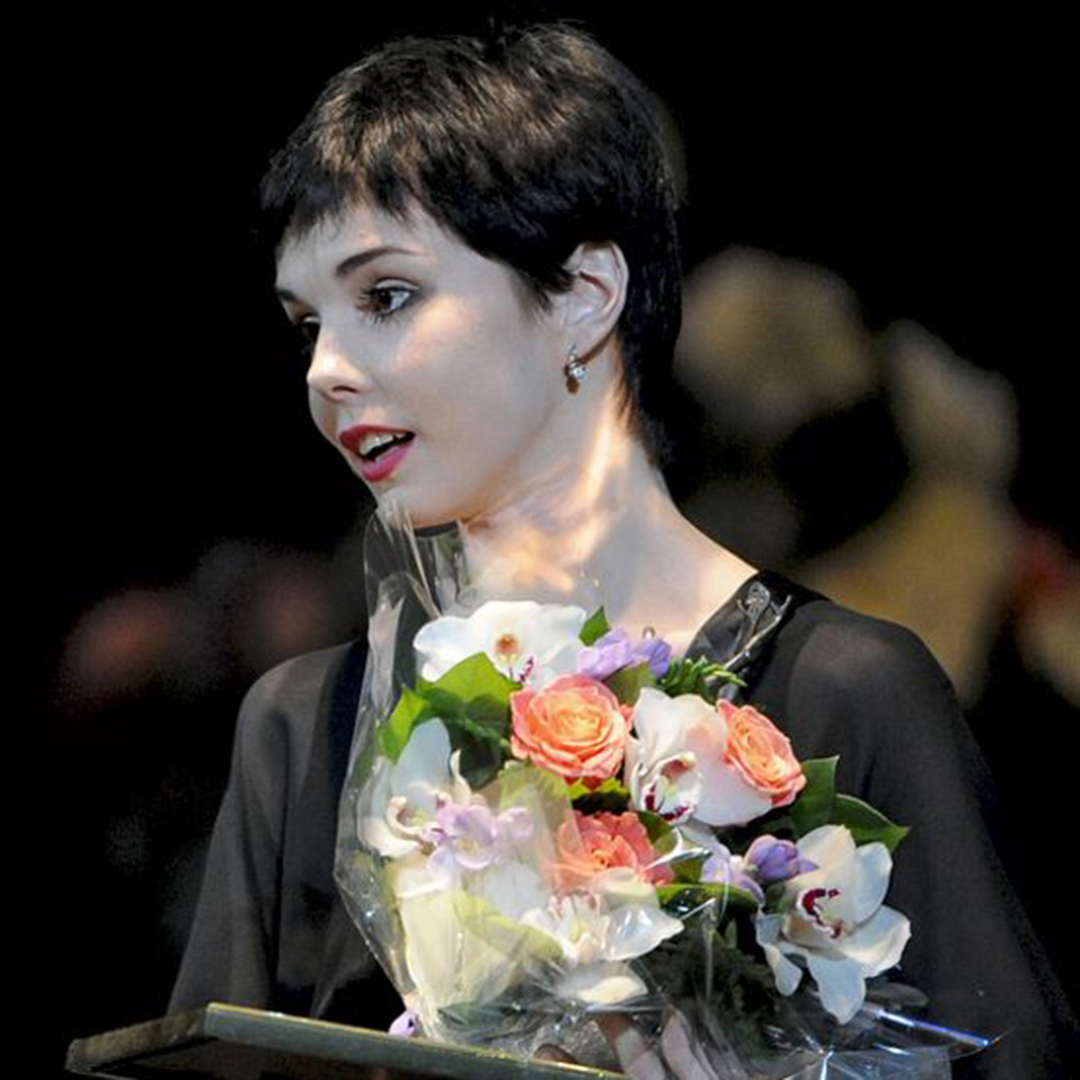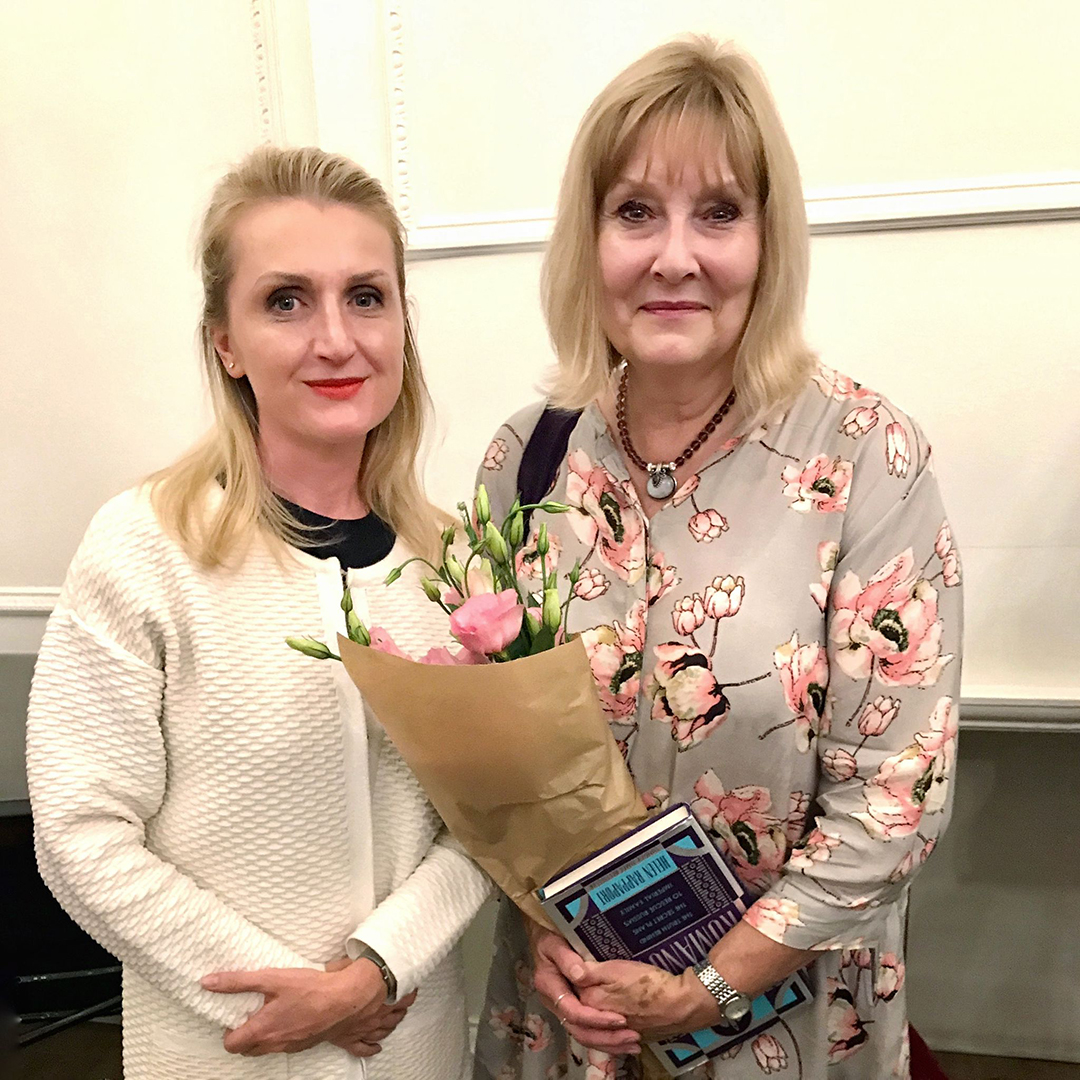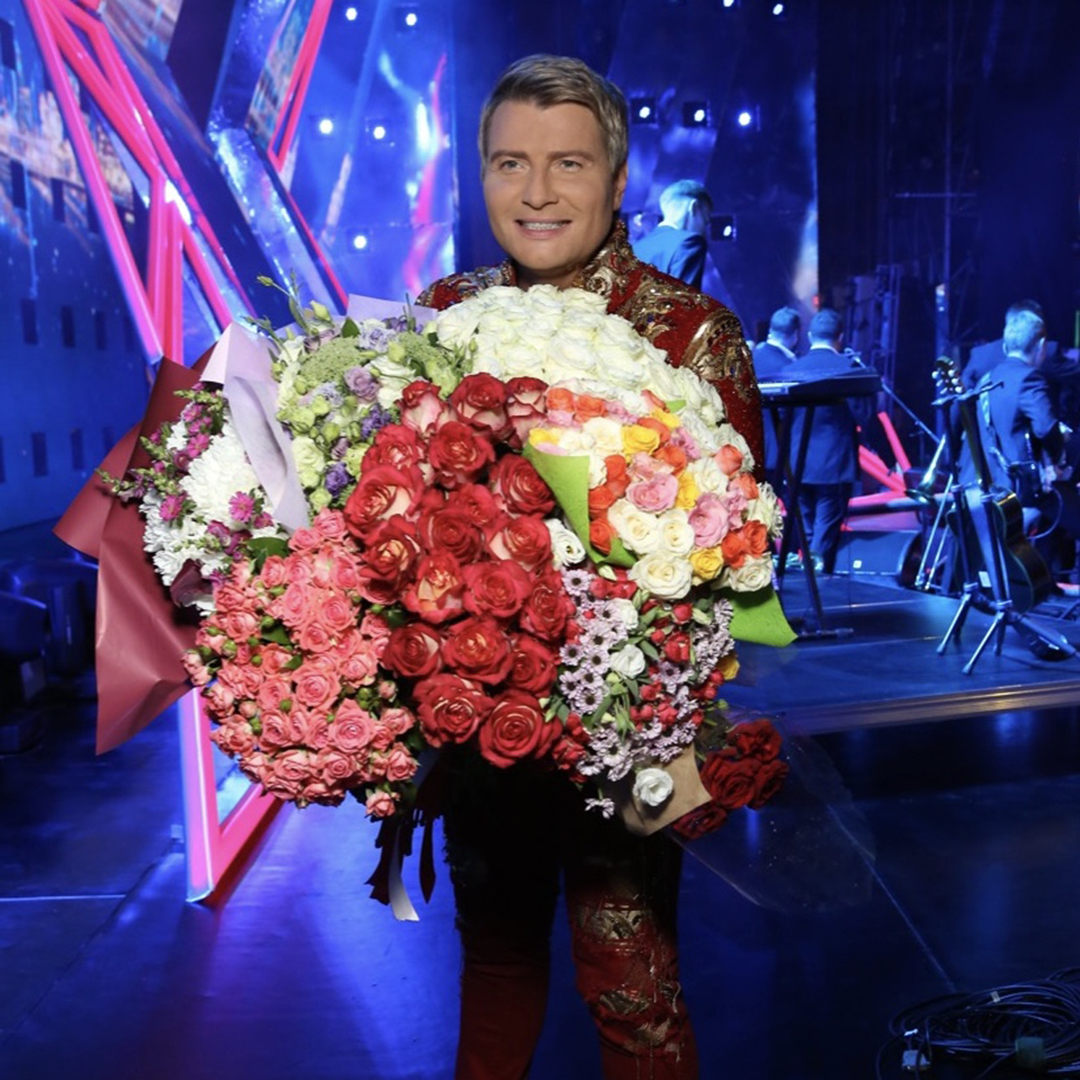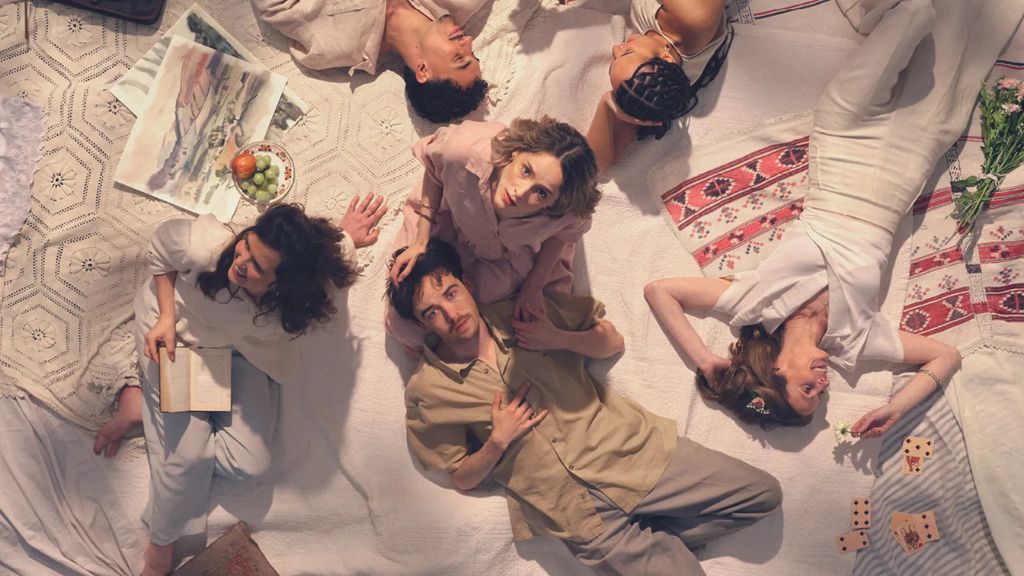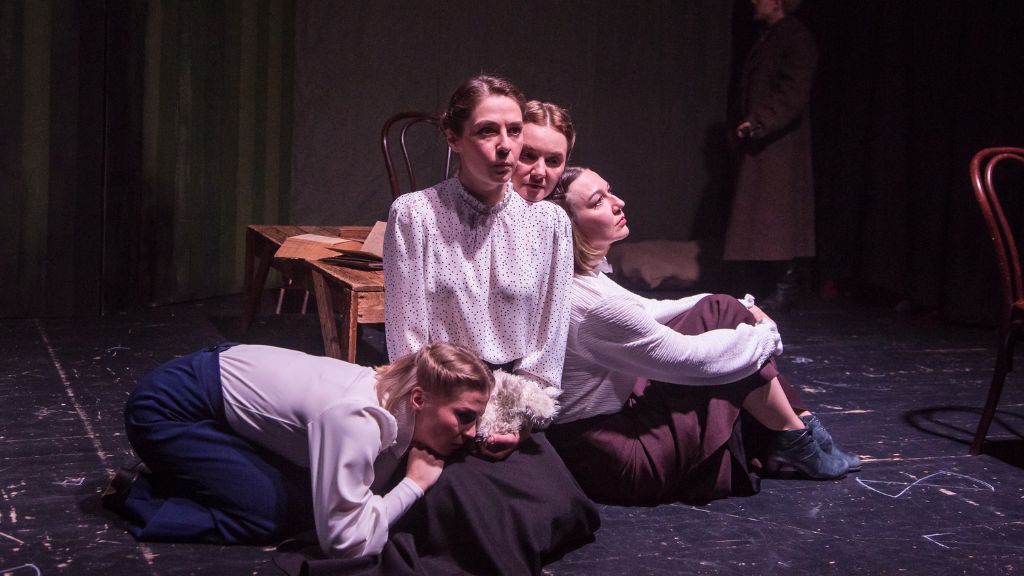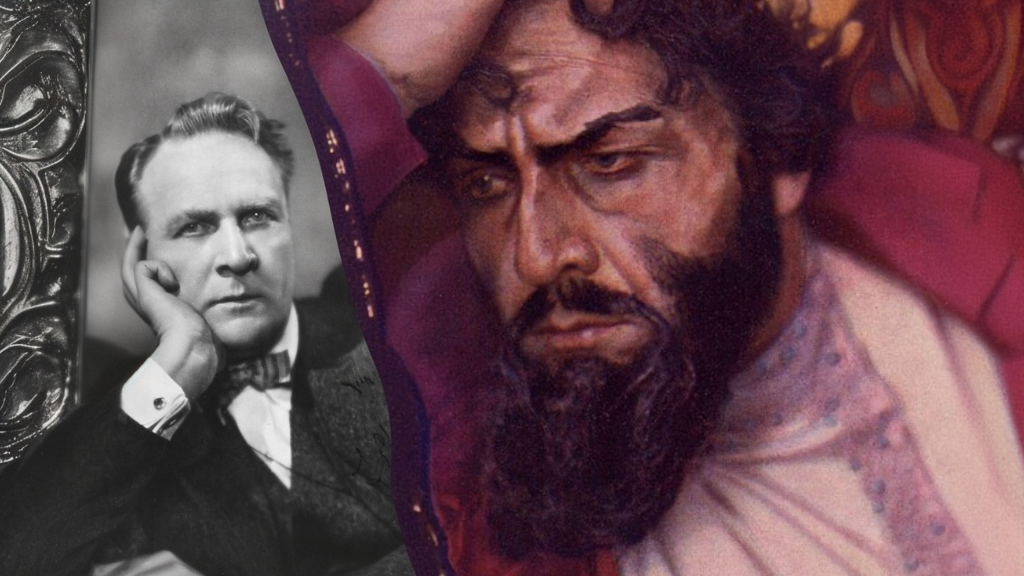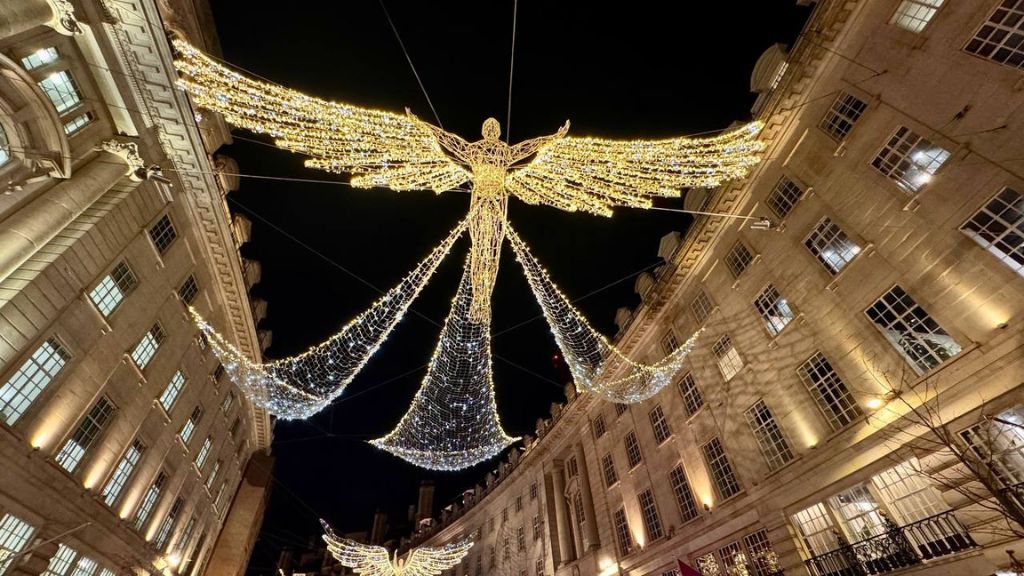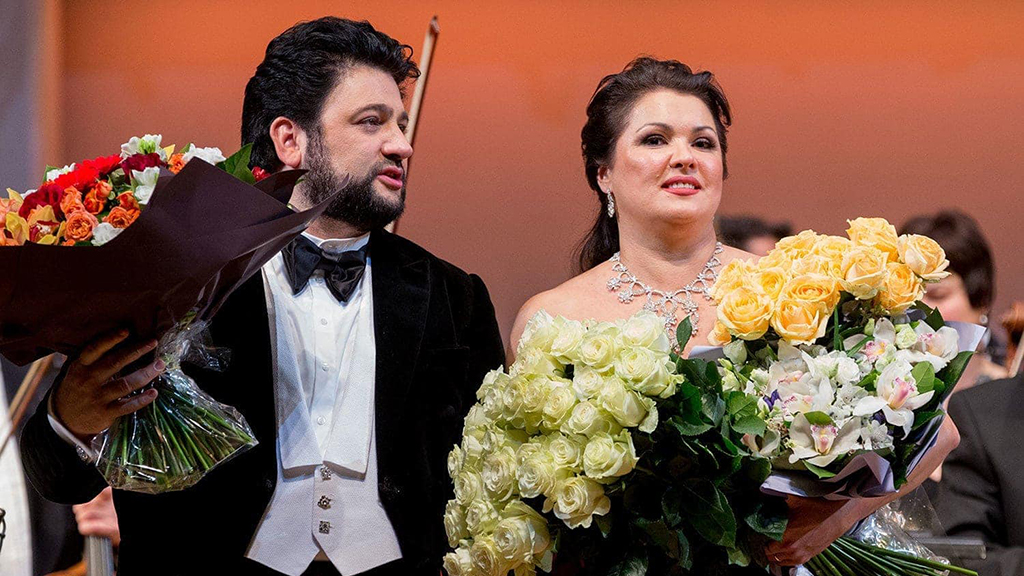
Expressions of gratitude: flower etiquette in British performances
Recently, a concert by Maxim Galkin was held in London, and our live coverage on Instagram showcased the artist receiving a myriad of bouquets, predominantly seasonal blooms, including sunflowers. Notably, the sunflower stands as a symbol of Ukraine, and, by a twist of fate, the concert coincided with Ukraine’s Independence Day. We reflected on the practice of gifting flowers to artists as a token of respect and gratitude for their work, a gesture deeply ingrained in our culture. This prompted some of our readers to question, “Isn’t this a common practice in Britain? Don’t performers receive flowers there?” This observation led to an exploration of cultural nuances in seemingly similar practices across different countries, as explained by Margarita Bagrova from Afisha.London magazine.
In the countries of the former USSR, it’s a common sight to see people arriving at the theatre with bouquets in hand, ready to present them to performers in a spirited show of appreciation. This enduring tradition of bestowing flowers has roots that trace back to ancient civilizations. In Rome, Greece, India, and Japan, fresh flowers were offered to theatre actors, dancers, and singers as a display of the audience’s admiration and gratitude. The Middle Ages upheld this custom, with flower compositions being gifted to admired individuals from various performing arts, including the opera and even the circus.
The vogue for presenting theatrical bouquets in Russia blossomed in the 1840s, inspired by foreign artists—primarily French and Italian—who graced the stages of St. Petersburg. This ritual allowed anyone, regardless of their proximity to the arts, to express admiration and gratitude to performers for the emotions stirred within the audience. It’s noteworthy that attending such lavish performances was a luxury afforded by the elite, and arriving with a bouquet in the Western fashion was a mark of status.
These grand gestures with flowers often served a dual purpose for the rich and influential: a display of admiration, yes, but also a subtle indication of special regard and the promise of favours it could reciprocate. The patrons did not hold back on opulently designed and extravagantly priced floral arrangements.
During the Soviet era, even through the grim years of World War II, the tradition of presenting bouquets to artists and loved ones in creative professions endured. The act was so revered it almost became ritualistic, to the point where even Communist Party officials and bureaucrats could not conclude their speeches without a floral tribute. Amidst the monochrome of everyday life, flowers brought a splash of colour, transforming an ordinary day into a celebration and engraving it in memory as an event of significance.
In the UK, despite its reputation as one of the world’s most florally enthusiastic nations – as evidenced by events like the Chelsea Flower Show – there is no tradition of presenting flowers at artistic performances.
This absence is rooted in a myriad of reasons—some deeply embedded in cultural norms and etiquette. For instance, there’s a general aversion to potentially embarrassing others who might not have thought to bring flowers, an act that aligns with the British tendency towards understatement and modesty.
There’s also a strong sense of politeness that prevents individuals from moving about and disrupting others during a performance. Plus, practical concerns like allergies play a role; the unpredictability of an allergic reaction is taken seriously, reinforcing the British penchant for respecting personal space. This cautious approach extends to hospitals as well, where bringing bouquets is not customary due to the same considerations of health and space.
- Inna Churikova
- Natalia Osipova
In the UK, lengthy ovations are not the norm. Applause is typically brief; one curtain call is standard, and a second bow is reserved for truly exceptional performances, signifying that the audience was deeply moved. This restraint often comes as a surprise to international visitors who are accustomed to exuberant accolades, where shouting “Bravo!” repeatedly is a spontaneous overflow of appreciation, a cocktail of dopamine, serotonin, and endorphins that beckons artists back to the stage for multiple bows.
However, there are always exceptions to these unwritten rules. For example, during tours featuring well-known international artists—such as Maxim Galkin or Anna Netrebko, ballet troupes, and other high-profile performances—flower presentations do occur. These are the moments when a global tradition overlaps with local customs.
Such events attract audiences who come prepared, often bringing flowers as a premeditated gesture of their esteem. The act of offering flowers becomes a tender ritual, an intimate moment to step closer to the realm of art and convey heartfelt thanks. For artists from regions where this practice is deeply ingrained, receiving flowers post-performance is revered, a cherished continuation of the grand theatrical tradition.
Artists often view bouquets as a heartfelt token of appreciation for the emotional energy they’ve expended during a performance. They see the flowers as the audience’s way of reciprocating the range of feelings they’ve experienced, a kind of emotional barter. For some, the absence of bouquets post-show may lead to the conclusion that their performance failed to impress, a belief that seems rather peculiar. If one’s reception of the performance is lukewarm, what then becomes of a pre-purchased bouquet? Conversely, if the performance exceeds expectations, should one dash to the nearest flower vendor?
In Russia, to cater to such eventualities, flower kiosks have started cropping up in theatre foyers. In the UK, however, it’s a rare occurrence for the audience to pass flowers to stage administrators for them to present to performers. This practice is usually reserved for inaccessible stages, milestone celebrations, gala events, or the close of the season. On these special occasions, as showcased in the video, flowers serve as a public accolade for the artist’s efforts.
It’s true, there have been times when even I, navigating the cultural norms of the UK, have been moved to give flowers to performers. Perhaps it’s the enduring warmth of my Russian spirit, which hasn’t quite acclimatized to the British reserve when it comes to expressing admiration through floral gifts.
Take, for example, an event back in 2018. I was there in my capacity as a journalist for Afisha.London to interview the esteemed writer and historian Helen Rappaport. We delved into the details of her latest book about the Romanov family, commemorating the centenary of their tragic end (you can read the interview here). I was so taken with our conversation that I arrived at her book launch bearing flowers. They were modest, certainly not extravagant, and I stood out as the sole attendee carrying a bouquet. Helen’s surprise was palpable when she discovered the flowers were intended for her — a gift from a grateful admirer, and not, as it might have appeared, a token from a pre-event rendezvous.
“Seriously, to me? For what? Thank you,” Helen said, embarrassed.
- Margarita Bagrova and Helen Rappaport. Photo: afisha.london
- Nikolay Baskov
That experience at Helen Rappaport’s book launch didn’t make me think I’d made her uncomfortable. After all, she is someone deeply versed in Russian history, someone who understands our people beyond the surface. Yet, her reaction reminded me that knowledge doesn’t equate to an expectation of our cultural gestures.
My fascination with the British and their response to applause was particularly piqued at a concert by Denis Matsuev. Before the world ground to a halt due to the pandemic and then the war, Matsuev was a regular on the London stage. His last performance, as far as I recall, was with the Philharmonia Orchestra at the Southbank Center in 2019. There, he was received with rapture, with the audience rising to their feet from the very first round of applause. Even the British had to stand—not out of enthusiasm, but simply because staying seated meant losing sight of the spectacle.
Matsuev thrived on this interaction, each encore drawing the audience closer into a shared musical rapture. But when he returned to the stage for a sixth encore, almost succumbing to a musical trance beneath his piano, the British attendees began to orderly file out, not out of disrespect, but because practicalities beckon—the last train, a parking meter ticking, a babysitter waiting. After all, more than two bows is simply beyond the pale for British concert etiquette.
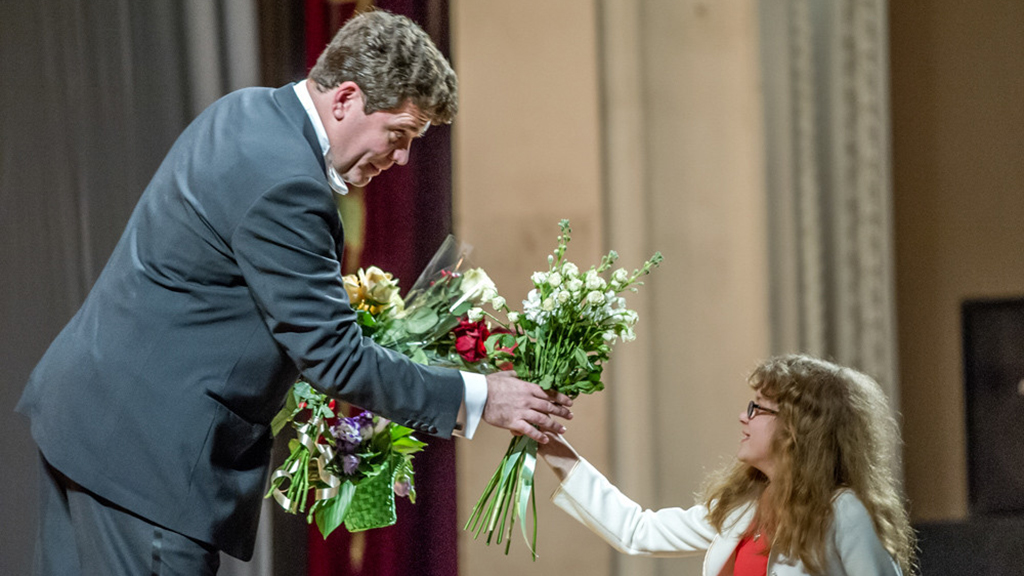
Denis Matsuev. Photo: © RZN.info
This understanding stems from valuing both personal and others’ time and effort, a realization that deepens the longer one resides in the UK. British appreciation manifests when, amidst the vast array of entertainment options in the capital, you select and attend a specific concert, investing both your money and time as tokens of gratitude. After the traditional bow, it’s accepted to let the performers leave; they’re emotionally spent and, like everyone else, have homes to return to and perhaps trains to catch.
Interestingly, in all my 14+ years here, I’ve never experienced synchronized applause. This might be because the audience doesn’t have a chance to synchronize their mood — the bows are brief, no flowers are presented, and the stage is vacated quickly. Conversely, an audience raised on different traditions knows how to synchronize their applause quickly, reminiscing about the warmth of collective appreciation. This difference may be attributed to a certain British reserve, lacking the passionate fervor often seen in Russian culture. Regardless of whether it’s seen as positive or negative, it’s simply the tradition here. I hope these cultural insights enhance your understanding of life in the UK. And remember, giving flowers is always welcome, as long as it’s done with genuine affection.
Cover photo: Yusif Eyvazov and Anna Netrebko (Evgeny Razumny)
Read more:
“Patriots” will be shown in the West End
London will see the ballet “Giselle” staged by Alexei Ratmansky
Kir Simakov, a photographer: “Truthful portraits are always fascinating”
SUBSCRIBE
Receive our digest once a week with quality Russian events and articles

